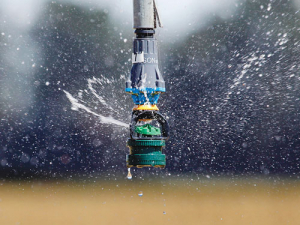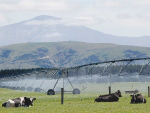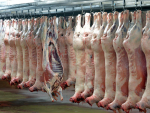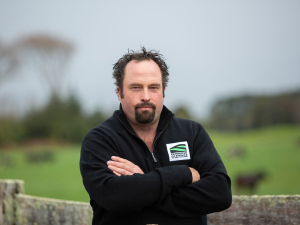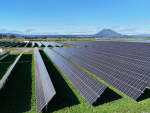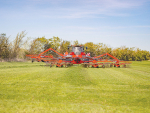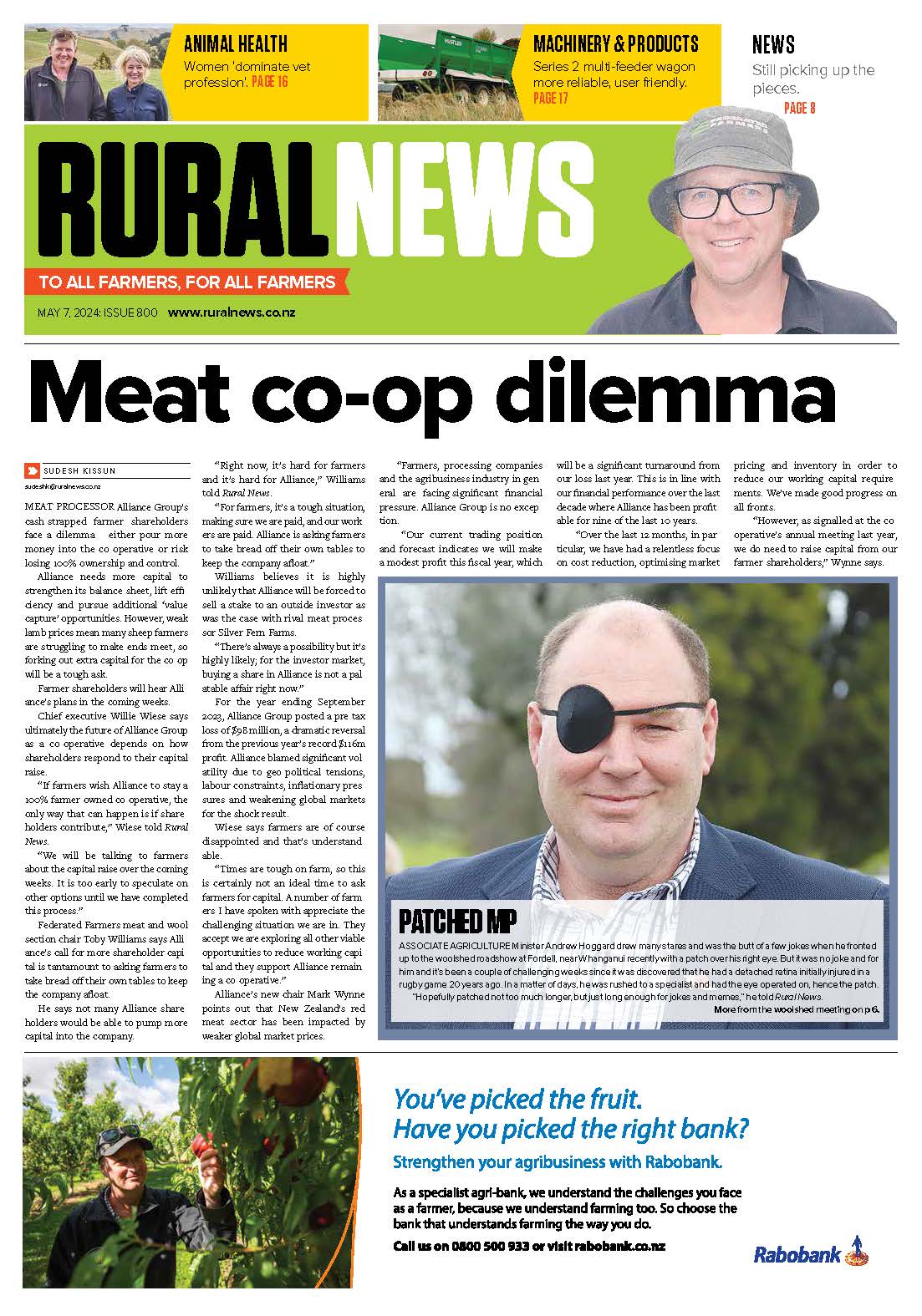IrrigationNZ is back on farms this summer testing irrigation systems to help farmers improve the efficiency of their water applications.
It says it will test this season in the Selwyn District, after a successful campaign in Ashburton last summer, when 131 farms were assessed.
The testing, developed with Environment Canterbury (Ecan), assesses the equipment and its usage, and farmers and farm staff are asked how they manage their irrigation systems.
“We’re aiming to test irrigation systems and management on 100 farms. We look at how farmers are operating irrigation equipment, whether water is applied evenly, how irrigation is scheduled, the maintenance on equipment and the monitoring of soil moisture and run-off,” says Steve Breneger, IrrigationNZ technical manager.
Contributing to the cost of the work are ECan, DairyNZ, Foundation for Arable Research, Beef + Lamb NZ, HortNZ, Synlait, Fonterra, Ballance Agri-Nutrients and Central Plains Water.
After the testing, farmers can attend a drop-in session with IrrigationNZ staff to discuss the results and help them tweak their systems to use water more efficiently and improve production.
IrrigationNZ says last summer’s Ashburton testing was the first large-scale, independent, irrigation efficiency trial done in NZ, and the results gained were applicable to irrigators nationwide.
Testing was done on dairy, sheep and beef, arable and deer farms, where a range of different irrigation equipment was running.
“Most farmers are working to ensure they’re using water efficiently and using technology to support the decisions they make,” Breneger claims.
“For example, 70% of the farmers are using soil moisture monitoring technology.
“Just over half of all irrigation equipment showed good-to-excellent uniformity of water distribution, 32% had fair uniformity and only 16% poor.”
He says last year’s results highlight that the performance of older irrigation systems (15 years plus) can deteriorate over time, but regular testing and maintenance helps pick up and correct faults.
Worn parts, sediment, incorrect hardware or blocked nozzles are common factors in less-than-optimal water distribution and performance.





